Glen MacDonough
Glen MacDonough was born in Brooklyn, New York. He started out as a feature journalist in New York City. The Prodigal Father (1892) is MacDonough's first work that received any note in reviews of the day. It was a comedy with songs, a form generally called "musical extravaganzas" at the time. His second work, The Algerian (1893), was a collaboration with prominent songwriter Reginald DeKoven. In the 1890s he devoted much time to writing farces and comedies or the book and song lyrics to a string of musical comedies. He wrote the lyrics for the operetta, Chris and the Wonderful Lamp (1899), with music by “March King” John Philip Sousa. MacDonough was also called to revise L. Frank Baum’s book for the musical extravaganza The Wizard of Oz (1902). Between 1896 and 1909, MacDonough collaborated with Victor Herbert five works including his most famous Babes and Toyland (1903) and The Rose of Algeria (1909). MacDonough was also the American adapter of Johann Strauss' last work, Vienna Life (1901), and of Franz Lehár's The Count of Luxembourg (1912). He was one of the nine founding members of ASCAP in 1914. Glen MacDonough wrote continuously until the year before his death in Stamford, Connecticut, on March 30, 1924.


